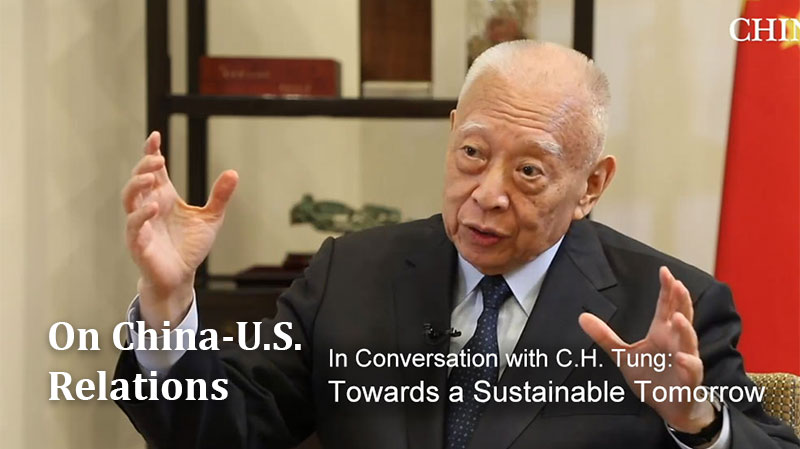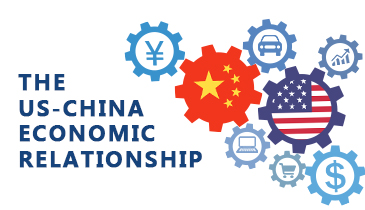Franz-Stefan Gady, Associate Editor, Diplomat
May 28, 2014
The recent spate of high-profile attacks against Chinese citizens at train stations shows a genuine and ongoing security problem that China must address more aggressively.
Fu Xiaoqiang, Vice President, China Institutes of Contemporary International Relations
May 26, 2014
Fu Xiaoqiang explains that terrorist groups in China now pose a more acute risk as their network and capacity has expanded. Rather then inadvertently encouraging separatist and extremist groups in China, and being swayed by power politics, the United States should leverage common security goals and collaborate with China in fighting global terrorism.
Dan Steinbock, Founder, Difference Group
May 14, 2014
Dan Steinbock argues that forces seeking to destabilize China are undermining the potential for US-Chinese counterterrorism cooperation. Instead of paving the way for future negative scenarios, China and the United States should seek join interests and find ways to work together.
Dan Steinbock, Founder, Difference Group
May 14, 2014
Dan Steinbock argues that forces seeking to destabilize China are undermining the potential for US-Chinese counterterrorism cooperation. Instead of paving the way for future negative scenarios, China and the United States should seek join interests and find ways to work together.
Mar 08, 2014
Shao criticized the US media and Embassy’s responses to the recent terrorist attack in Kunming. He explained why the Chinese were angry about the Embassy’s statement, and what could the US learn from this diplomatic blunder.
David Shinn, Adjunct Professor, George Washington University
Nov 18, 2013
China’s counterterrorism policy since the 2001 attacks on the United States has increasingly been pursued in the context of the global war on terror. In Africa, as threats to Chinese interests increase; Beijing has quietly been ramping up its efforts to confront terrorism.
David Shinn, Adjunct Professor, George Washington University
Jun 21, 2013
Chinese passivism towards terrorism/extremism may be suiting to change based on the Mali conflict. Through much of the Mali conflict, China held its typical responses: urging peace and stability. But in late 2012, China offered military support to Mali. It also pledged to offer monetary aid and suggested methods to help nations build their capacities to ward off extremist uprisings.
Dan Steinbock, Founder, Difference Group
Apr 25, 2013
The concern over terrorism is the least common denominator among advanced and emerging economies. Unipolar responses are no longer effective, as evidenced by the Boston marathon bombings. Multipolar counter-terrorist cooperation is essential to peaceful global order.
Dan Steinbock, Founder, Difference Group
Apr 25, 2013
The concern over terrorism is the least common denominator among advanced and emerging economies. Unipolar responses are no longer effective, as evidenced by the Boston marathon bombings. Multipolar counter-terrorist cooperation is essential to peaceful global order.
Wu Sike, Member on Foreign Affairs Committee, CPPCC
Mar 18, 2013
At present, West, Central, South and Southeast Asia, as well as North Africa are the most plagued by terrorism. Radical treatment is better than symptomatic relief. Using a positive energy to help countries and people in the West Asia and North Africa region to achieve peaceful development is beneficial to them, and is in the interests of the world as well.
Counter-Terrorism

